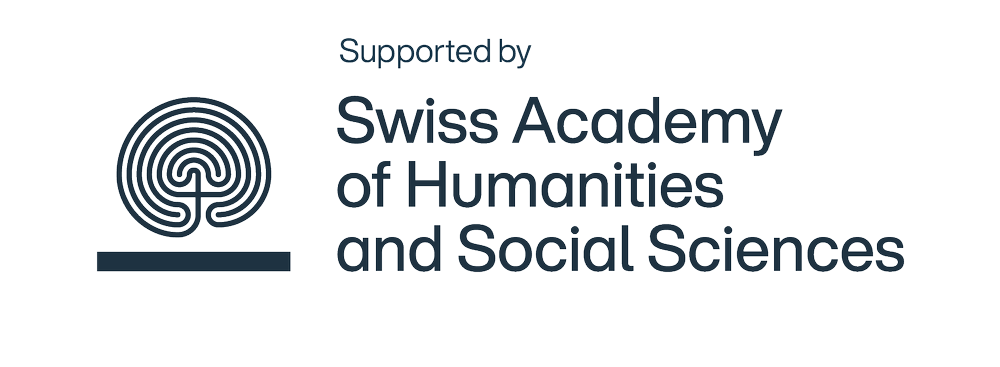Bücherblühen – Anfänge aphoristischer Autorschaft bei Elazar Benyoëtz
DOI :
https://doi.org/10.36950/jndf.2022.16Mots-clés :
Authorship, Autorenbibliothek, Aphorism, German-Jewish Literature, German-Hebrew Studies, Kleine literarische Formen, Autobibliographie, Self-translation, Autobiographie, German language literatureRésumé
This article focuses on the beginnings of the aphoristic writings of Austrian-Israeli Hebrew poet and rabbi Elazar Benyoëtz (*1937). It draws on two novel sources: his personal library, which is one of the last private book collections in Israel to contain the German-Jewish literary canon, and a first draft of his autobiography. This article follows the first-time analysis of reading traces from the library’s marginalia and paraphernalia; five case studies progressively trace Benyoëtz’s transformation in the 1960s and 1970s from solely a Hebrew poet into the most influential contemporary aphorist in the German language. In addition, the article presents points of departure for future research into the genesis of the Archiv Bibliographia Judaica, the largest encyclopaedia to date on Jewish authors writing in German.
Téléchargements
Téléchargements
Publié
Numéro
Rubrique
Catégories
Licence
© Jan Kühne, Anna Rosa Schlechter 2022

Cette œuvre est sous licence Creative Commons Attribution 4.0 International.



